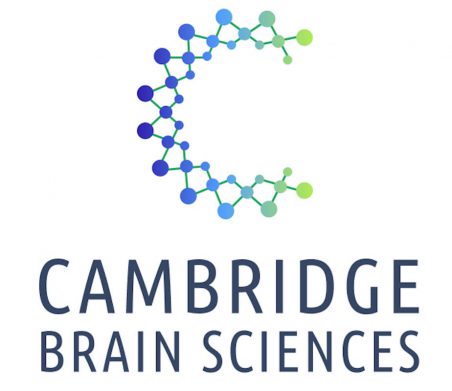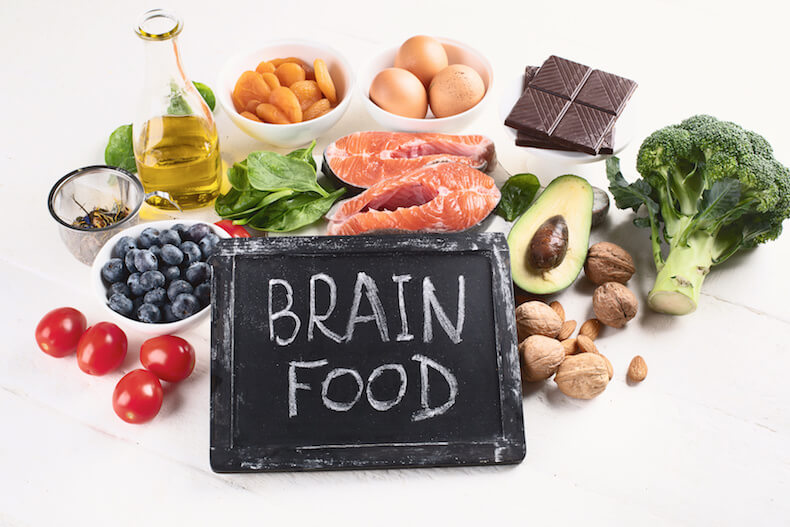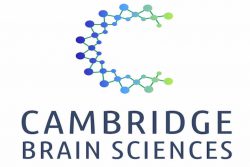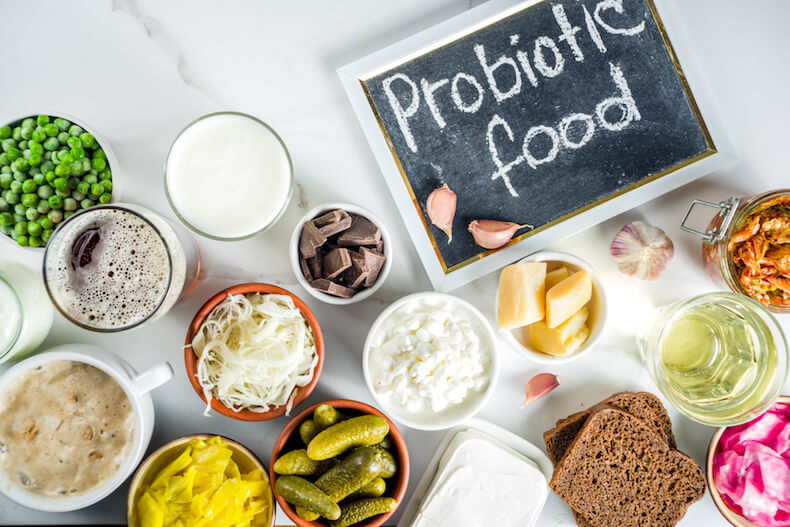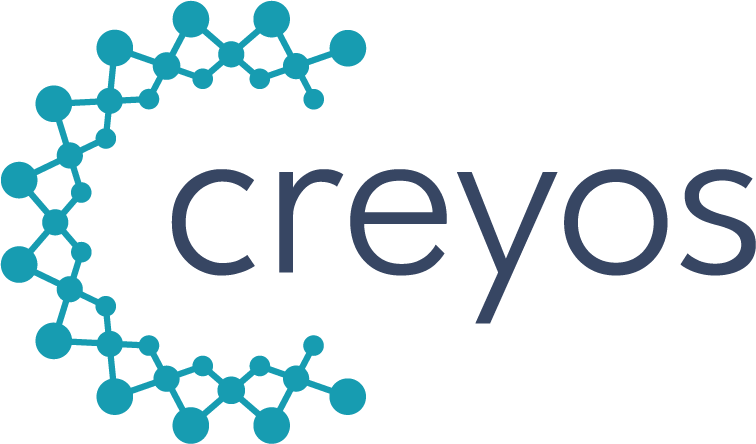Stress management, reduced stigma around obesity, healthy intakes of selenium, vitamin D and zinc, and a healthy gut microbiota… These were all highlighted as potential contributors to the fight against the effects of COVID-19 by expert scientists at the British Nutrition Foundation (BNF)’s virtual conference: Nutrition and COVID-19. The conference took place on Tuesday 24th November 2020.
Eminent speakers working in the field of nutrition science discussed new and emerging research on the role nutrition plays – both in protecting against COVID-19 infection and in reducing the severity of associated health complications.
With the need for everyone to be more proactive about taking greater care of their own heath, I share some of the more interesting discussion points and conclusions.
Nutrients and Immunity
Prof Philip Calder at The University of Southampton explained that a well-functioning immune system is key to providing strong defence against infections such as COVID-19. He highlighted vitamin D, zinc and selenium as being important for anti-viral immunity:
Zinc
Calder emphasised the various roles zinc plays in the immune system and its specific function in preventing multiplication of single-strand RNA viruses, like Coronavirus, by inhibiting the enzymes they require to spread. Meat, poultry, cheese, shellfish, nuts, seeds and wholegrains provide natural sources of zinc.
Selenium
Selenium-deficiency can impair immune responses; increase susceptibility to viral infection; permit viruses to mutate; and allow weak viruses to become stronger. Calder shared previous research that suggests selenium supplementation in humans can help prevent viral mutation. Poultry, fish, eggs, nuts, seeds and organ meats provide natural sources of selenium.
Vitamin D
Data suggests that low levels of vitamin D are associated with increased risk of COVID-19 infection, as well as hospitalisation. Calder stressed that this is an association and so does not provide evidence of causation and that there is currently not enough data available to recommend vitamin D for prevention of COVID-19.
Prof Susan Lanham-New at The University of Surrey, who reviewed the evidence on vitamin D, concurred but highlighted the importance of vitamin D for bones and muscles in the context of widespread low vitamin D status in the UK. Lanham-New emphasised that all members of the public should take the recommended daily vitamin D supplement of 10 micrograms between October and March as a precaution to ensure good bone and muscle health.
Long overdue, the Government has in the past 24-hours committed to offering free vitamin D to 2.5 million of the most vulnerable in England and those in care homes.

“Maintaining a healthy, balanced diet, including foods from all the main food groups, is the best way to help ensure you get all of the nutrients you need for a healthy immune system. However, everyone should consider taking a vitamin D supplement especially during the winter months and also during the summer months if they are spending more time indoors than usual.”
Sara Stanner, Science Director – BNF

The Effect of Probiotics and Prebiotics on COVID-19 Symptoms
Prof Glenn Gibson at The University of Reading presented the “Emerging evidence for the role of the human gut microbiome in COVID-19 infection outcomes” . He explored the potential for probiotics and prebiotics to support the gut microbiome in fighting COVID-19.
The gut microbiome is a harbouring site for COVID-19 and clinical outcomes can be governed by the type of gut microbiome the patient has. If numbers of ‘good bacteria’ in the gut are low it can be more difficult for that individual to fight off the virus.
Gibson shared promising results from a recent Italian study into the effect of probiotics on the recovery of patients with COVID-19. The study involved two groups of people. The control group was given hydroxychloroquine, antibiotics, and tocilizumab, alone or in combination. The second group was given the same treatment but with a specific formulation of probiotics added. Within 72 hours, nearly all patients treated with probiotics showed remission of diarrhoea and other symptoms. This compared to less than half in the control group and there was also reduced admission to ICU and fewer deaths. More research is needed to confirm these findings.
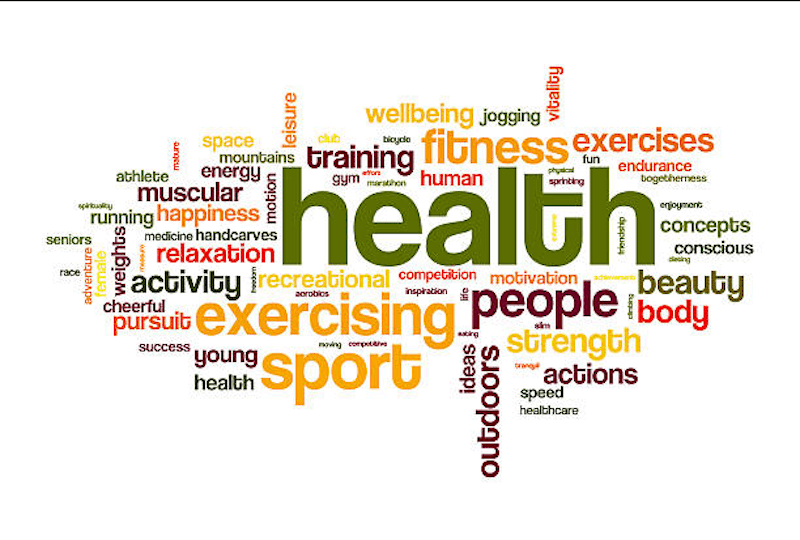
The Mental Health Impact of Obesity and COVID-19 Risk
In the talk ‘Obesity as a risk factor for COVID-19’ , Prof Jason Halford at The University of Leeds, presented evidence to show that people living with obesity have an increased risk of contracting the virus, hospitalisation, ICU admission and dying from COVID-19.
The European Coalition for People Living with Obesity conducted a survey which Halford shared. The survey revealed that 73 percent of respondents are concerned about COVID-19 due to their weight. However, 43 percent have also been comfort or binge eating since the beginning of the pandemic; 60 percent are experiencing low levels of motivation; and 60 percent are struggling daily with their mental health.
Halford emphasised the negative impact that unusual life events can have on weight gain. Events like quarantine and being under lockdown. He highlighted that many weight management services have been de-prioritised due to the pandemic. As such, stigma around obesity, particularly on social media and in the press, is unhelpful in improving public health. Instead, strategies for supporting good mental health are needed to help the weight loss efforts of those living with obesity.
“This year we have all faced a plethora of new challenges, and mental health issues are often the silent symptom of this pandemic. It’s therefore important for us all to recognise that we are living through an extremely stressful time, not to be too hard on ourselves, to look for support in finding ways to manage stress and to eat as healthily as we can”
Sara Stanner, Science Director – BNF
A growing number of resources with information and advice on diet and COVID-19 can be found on the BNF’s website.
To complete an online Cambridge Brain Sciences Health Assessment and organise an in-depth personal nutrition consultation with Charlotte Fraser Naturopathic Nutrition, email: enquiries@naturopathic-nutrition.com.
